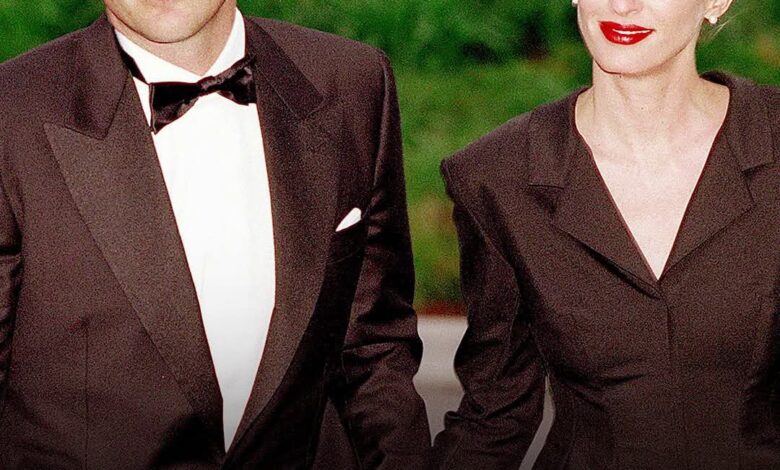JFK Jr. Plane Crash: Expert Analysis Reveals Troubling Questions

Concerning Questions About the Investigation
Despite the official ruling of pilot error, aviation specialists and investigators have highlighted several troubling inconsistencies. Episode ten of the investigative podcast “Fatal Voyage: The Death of JFK Jr.” explored multiple “screaming signs” suggesting the possibility of alternative explanations.
Author John Koerner noted that theoretical explanations ranged from mechanical malfunction to deliberate interference. Veteran homicide detective Colin McLaren identified a particularly unusual aspect of the flight—Kennedy’s failure to contact air traffic control during the journey.
“The FAA reports he did not contact any flight control personnel along his route,” the investigator stated. Kennedy’s flight instructors expressed disbelief at this behavior, as he was known for consistently following communication protocols. For him to fly without radio contact was described as “absolutely outrageous” and “beyond belief” by those familiar with his flying habits.
Further raising concerns was the Pentagon’s involvement in managing crash reporting the same afternoon. The military’s immediate assertion that no flight instructor was aboard the aircraft—information they seemingly could not have confirmed at that early stage—raised additional questions about the investigation’s handling.
A public weather report analyzed by investigators contradicted suggestions that poor visibility caused the crash. “There was no rain, no fog—conditions were fine,” one investigator stated, noting that ground witnesses confirmed favorable weather—challenging the disorientation theory.
Some witnesses reportedly observed an aerial explosion coinciding with the approximate time and location of Kennedy’s flight path.
Personal Pressures Mounting
By mid-1999, Kennedy was navigating significant personal and professional challenges. Following his mother Jackie Kennedy’s death in 1994, he had experienced what friends described as a personal rebirth, though this new chapter brought considerable complications.
His marriage to Carolyn Bessette-Kennedy, while described as loving, faced increasing strain. Adding to this emotional burden was his cousin Anthony Radziwill’s battle with a rare form of sarcoma—a particularly devastating situation given their close friendship.
Professionally, Kennedy’s magazine venture, George, was struggling financially. Despite its innovative concept blending politics with popular culture, the publication had missed profitability targets, and advertising revenue was declining by 1999.
Carolyn faced her own challenges, having stepped away from her Calvin Klein career after marriage. The relentless media scrutiny made returning to professional life nearly impossible, leaving her feeling trapped in an unwanted public role.
Despite these mounting pressures, the couple maintained plans to attend Rory Kennedy’s wedding at Martha’s Vineyard—a decision that would lead to their tragic final flight.
Legacy of Unanswered Questions
Whether due to pilot disorientation, mechanical failure, or more complex factors, the circumstances surrounding the deaths of John F. Kennedy Jr., Carolyn Bessette-Kennedy, and Lauren Bessette continue to prompt questions among aviation experts and investigators.
While the official record attributes the crash to pilot error, the inconsistencies in the investigation—from communication protocols to weather conditions to the unusual handling of information—continue to fuel discussion about what truly happened on that July evening in 1999.